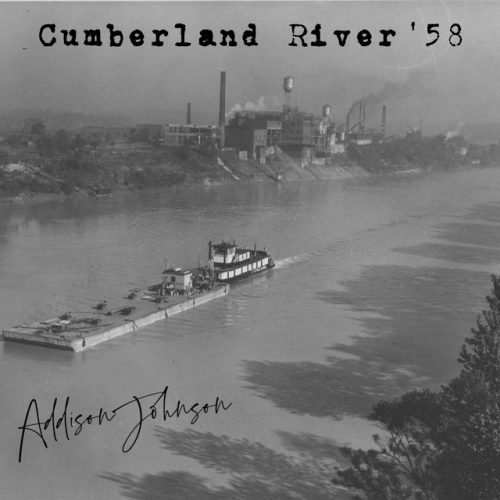One question which I am constantly asking people (or being asked, for that matter) is “What genre of music do you like?” To which most people will respond, “Basically everything… except country.” While the genre began with incredibly bare roots, telling relatable stories about working class individuals, it slowly drifted away into something nearly unrecognizable. Why is it that most people immediately write off any modern music which is labeled as “country?” How did a genre fall so far from where it once stood? Well, I would attribute most of that to two things: the radio and pop music. A certain brand of “arena country,” which took many aspects of modern pop (repetitive lyrics, high bass, etc.) and forced them onto a perceived image of what someone from the south looked and acted like. All this being said, there is still music today which more closely resembles country music of the past. Arguably, these are the shoes which the modern folk genre fills. Stripped down instrumentation, simple and relatable storytelling, and no nonsense. That is what Addison Johnson is bringing us with his song, “Cumberland River ‘58.”
Starting with that distinctive “classic country” twang, the song immediately sets the mood with an almost ominous sound. With a pedal steel guitar playing over an acoustic in a minor key, it’s easy to see where the story of the song is going to take us. With the song focusing on its story, the instrumentation quickly fades into the back of your mind as you follow “Billy Rollins” on his journey to country stardom. His voice booming and full of bass, Johnson sings clearly, ensuring that his story gets across without difficulty. While the instrumentation stays relatively the same throughout the song, there is the occasional addition of drums. On top of that, there is an emotional pedal steel guitar solo which fits perfectly within its section of the song.
The lyrical content of the song is what stood out to me the most. While the instrumentation does a great job at getting across a specific emotion, the lyrics are what send it all home. Johnson wonderfully describes his character and story in a way which is akin to painting a picture. Not only do we get to see the character’s journey in his professional career, but also his private life. On top of this, the entire song seems to be a sort of commentary on the modern country music industry. All of this, of course, carries even more weight when you connect the fact that Addison Johnson is essentially singing his own story through the eyes of somebody else. If there was any lyric in the song which really drove home Johnson’s feelings on the industry, it would be this, “Fat cat’s in his office / With the next big sound / Says you’ll sink or swim, Don’t let it pull you in / ‘Cause boy, you might just drown.”
With that lyric, we can see what direction Addison Johnson wants to take his career. Ignoring the “fat cats” in their offices, as well as the radio trends of modern country music. Even better, we get to experience his stance firsthand just by listening to this song. Clearly rejecting the stereotypes of his genre, Johnson has chosen the path of honest storytelling with a clear and simplistic instrumentation. Recalling the origins of country music, and how the genre used to look, it is clear that Johnson wants to compare himself to the legends of that time, not the legends of today. It is up to artists such as Johnson to carry the torch forward and expose more fans to what country music can and should be in the year 2020.







